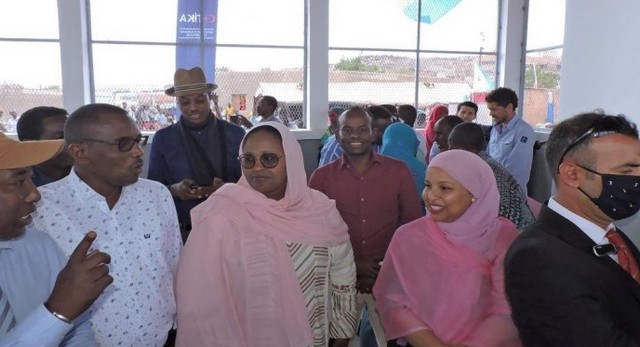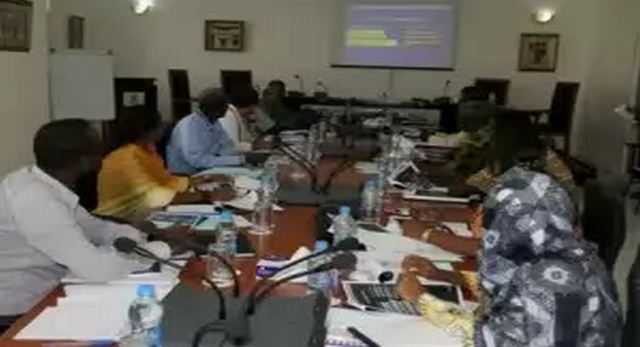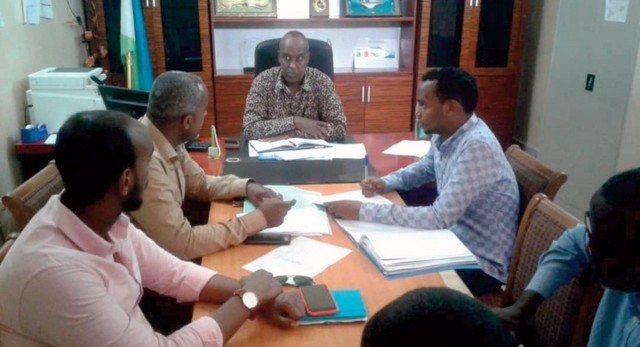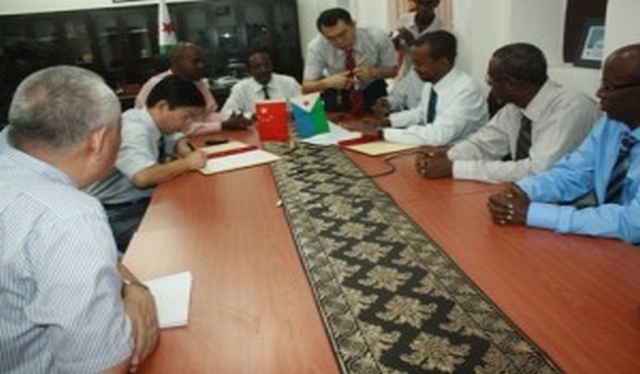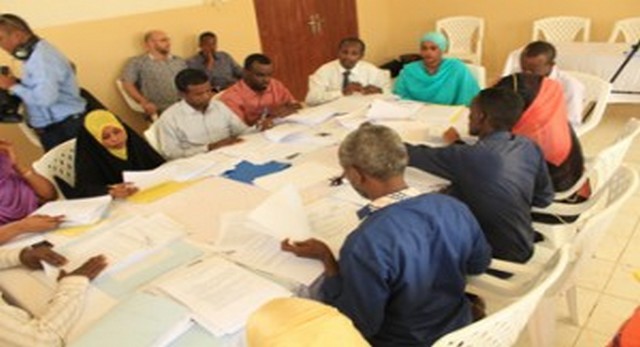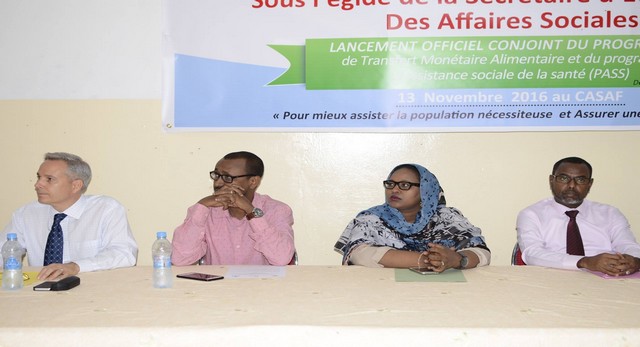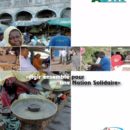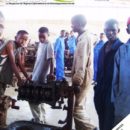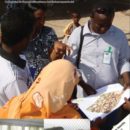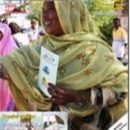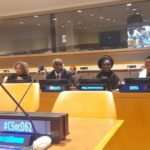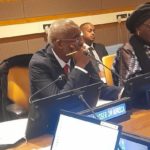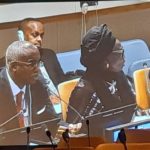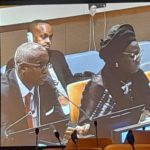Identify national associations. Know their field of action. Identify their needs to better support them. These are the objectives of a workshop organized by the Ministry of Women and Family.
A workshop on the identification and identification of associations was held last Wednesday at the Sheraton Hotel. The workshop is organized by the Ministry of Women and Family, with the close collaboration of the Ministry of the Interior and the State Secretariat for Social Affairs, and especially with the technical support of the Djibouti Agency for Social Development (ADDS). The launch of this workshop saw the participation of the Secretaries General of the Ministry of the Interior, the Ministry of Women and the Family, and the Secretariat of State for Social Affairs, Mr Sirag Omar, Yasmine Salim, and Ifrah Ali respectively. as well as the coordinator of the UNFD Roukiya Ali but also a parterre of personalities resulting from the associative movement.
The purpose of this census is to identify the needs of the associations, diagnose their current status and activities, and inventory the available data on needs. « Associations are one of the pillars of Djiboutian society. Close to the people, they act on the ground. This civil society is an essential link in the link between the citizen and the state, « said immediately Secretary General of the Ministry of Women and Family. She emphasized « the fundamental role played by women’s associations in our country. « .
However, she acknowledged that « many associations in Djibouti are still struggling to assert themselves as true development actors ». It is therefore to remedy this situation that the Ministry of Women and Family is launching a survey to identify and identify the needs of women’s professional associations and groups. This study is part of the capacity building of the state to combat the socio-economic problems in the country.
Its objective will therefore be to reference the various associations and existing professional groups, to list their activities and areas of intervention and finally to make an inventory of needs. « At the end of this study, we will be able to better understand the panorama of the Djiboutian civil society, to be able to develop, encourage and respond to its needs, so that it can fully fulfill its role of support and development of the population as a whole and vulnerable people in particular, « said the general secretary of the Ministry of Women and Family.
In addition, the vast majority of associations are located in urban centers, whereas in rural areas where associative dynamics are essential, their number is limited. However, there has been an increase in recent years and the emergence of women’s associations, according to her precisions. The identification of associations and the identification of these associations will make it possible to respond to these shortcomings and to favor women’s associations with the aim of supporting them in their needs.
At the end of this workshop, an electronic agenda will be set up to know the associations and their field of activity.

